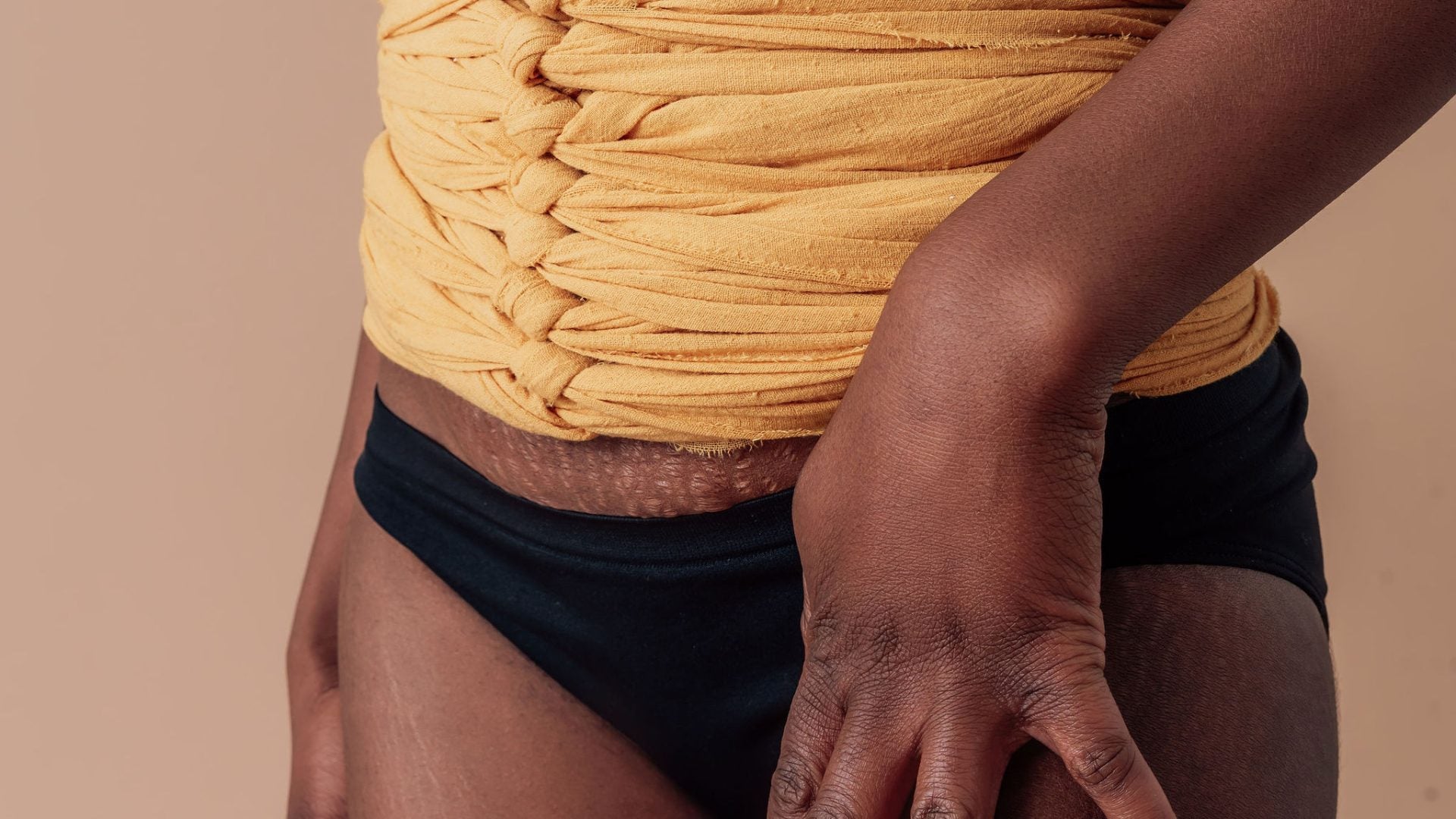
Did you know that after giving birth, many “women are sent home and not seen by their care provider again until six weeks” later? But the reality is, maternal care doesn’t end with childbirth—and this is why the concept of the “fourth trimester” was devised.
For Black women, this time period is especially critical. As Black nurse-midwife Karen Sheffield-Abdullah PhD, RN, CNM notes, “We are so baby-focused…Once the baby is here, it’s almost like the mother is discarded. Like a Reese’s Peanut Butter Cup. The mom is the wrapper, and the baby is the candy. Once you remove the wrapper, you just discard the wrapper. And what we really need to be thinking about is that fourth trimester, that time after the baby is born.”
One Black woman is trying to ensure that the mother isn’t discarded during this process. Princess Estocia McKinney-Kirk has over a decade of experience as a doula, and unfortunately experienced this firsthand. When she gave birth to her first baby, McKinney-Kirk discovered that “her own needs were not met during…postpartum recovery.” As she explained, “there was no one I could hire to provide such care for me (not without having to hire three separate people at least),” and thus BelliBind was born.
McKinney-Kirk says BelliBind “was created to fill the void in current post birth recovery support.” BelliBind offers this type of “specialized postpartum care of traditional Bengkung belly binding coupled with body rubs, meditations & fitness guidance,” recovery planning, coaching, and stress relief. This Black Maternal Health Week, the founder spoke with ESSENCE to discuss everything postpartum so that we can ensure that Black moms stay safe and healthy after giving birth.
“The statistics on Black maternal health post-birth are stark: Black mothers experience significantly higher rates of postpartum complications and maternal mortality compared to their white counterparts,” McKinney-Kirk told ESSENCE.
According to data from the Centers for Disease Control and Prevention (CDC), “a staggering 84% of pregnancy-related deaths were deemed preventable.” Alarmingly, “53% of the deaths occurred well after women left the hospital, between seven days and a year after delivery.”
But “Black maternal health is more than just a statistic—it’s a call to action for comprehensive postpartum support,” continued McKinney-Kirk. “The fourth trimester is a critical chapter often overlooked. Let’s rewrite this narrative by offering Black mothers the support they deserve—nurturing their bodies, uplifting their spirits, and safeguarding their well-being. Together, we can redefine postpartum care as a beacon of empowerment and resilience.”
“In the face of this crisis, it’s imperative to prioritize accessible, individualized care solutions for Black mothers during the fourth trimester. Bellibind, as a Black mom-owned brand, is making a meaningful difference by addressing these disparities head-on,” McKinney-Kirk added. “By providing accessible, personalized postpartum support, Bellibind is working towards a future where every Black mother receives the care and resources necessary to navigate the postpartum period with dignity and resilience.”
“Through our approach, we’re ensuring that every Black mother emerges from the postpartum period feeling empowered, supported, and cherished,” McKinney-Kirk emphasized. “It’s time for Black mothers to receive the care they need to thrive postpartum. Let’s stand together to ensure every Black mother emerges from this journey with strength, dignity, and optimal well-being.”